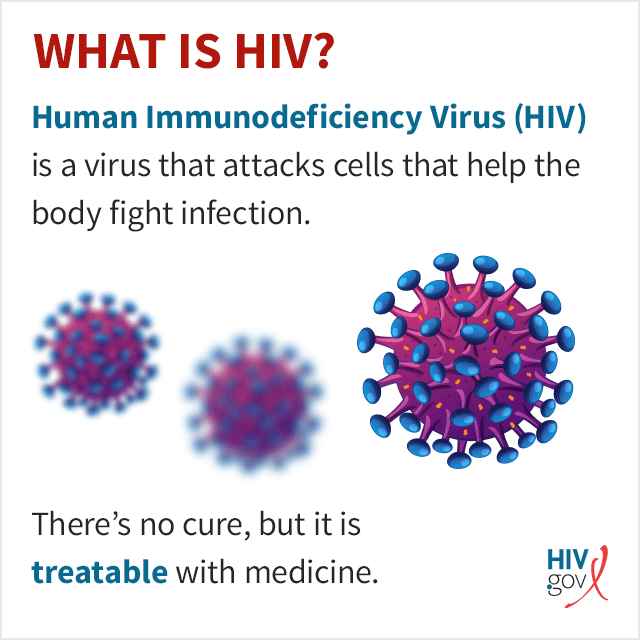The National AIDS Control Programme (NACP), has advised Ghanaians particularly men to test and know their HIV status for early initiation of treatment or prevention.
Reverend Kenneth Ayeh Danso, the NACP Monitoring and Evaluation Officer, said men by their nature did not visit health facilities with minor ailments and as such turn to report to the hospital late in the case of HIV and AIDS with an advanced condition.
He gave the advice at a stakeholder training workshop organized by the Ghana HIV and AIDS Network on epidemic control in Accra.
It was on the theme, “Rethinking HIV Interventions for Vulnerable Population in the country”.
He stated that a 2021 data estimated that a total of 345,599 Persons Living with HIV and AIDS (PLHI) in the country.
As of June 2022, a total of 262,042 persons were on the Antiretroviral Therapy (ART),of which five per cent are children and 75 per cent females.
Rebecca Akufo-Addo champions issues on disability among OAFLAD members
Ghana Health Service launches “Atoua” TV series for family planning education
This is an indication that men are not reporting, a situation that need to be reversed to be able to reach the 95-95-95 goals, he stated.
The purpose of the workshop was to reflect on current HIV programming with the aim of reviewing strategies, activities, and actors in the face of changing context.
Mr Ernest Ortsin, the President GHANET, noted that per the number of children who were on ART, it was a clear indication that as high as 13, 000 pregnant women were not on ART.
According to the World Health Organization (WHO) for countries to be able to end mother to child transmission, a country should be doing less than five per cent.
“If you have 100 women who are HIV positive giving birth. less than five per cent of the children should be infected but as country we are doing between 18 to 20 per cent which is extremely high.”
What this means is that out of every 100 women who are HIV positive giving birth we have as much as 20 per cent being positive and this is not good and will not be able to end HIV.” Mr Ortsin added.
He called for behavioral change, advising young people to use condom and not only be afraid of pregnancy but sexually transmitted diseases as that could also affect their future.
Mr Ortsin said to be able to control the disease there was the need to create an environment where persons who are positive could access medications freely without fear of stigma and discrimination.
One of the challenges we have discovered is that people are staying out of treatment at some point because taking drugs everyday is not an easy thing and I encourage HIV patients not to feel tired of the ART drugs as it would help suppress viral load to enable them live longer, he stated.
Dr Sebastian Sandaare, Member of Parliament for Daffiama, Bussie-Issa constituency and Member of Parliamentary Select Committee on Health, commended GHANET for the initiative, adding that, this would help the fight against the disease.
He urged Ghanaians to feel free and test, know their status as there were interventions in place to help persons who tested negative.
Dr Sandaare called for collaboration for the needed resources to help in the fight against the disease.
Participants at the workshop included the police, the prisons service, faith-based organisations, Commission on Human Rights and Administrative Justice (CHRAJ), lawyers, traditional leaders, and parliamentarians.
The workshop was supported by PEPFAR, USAID, EpiC and Civil Society Institute for HIV and Health.

